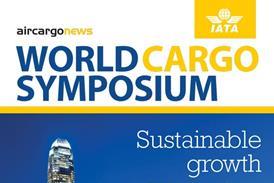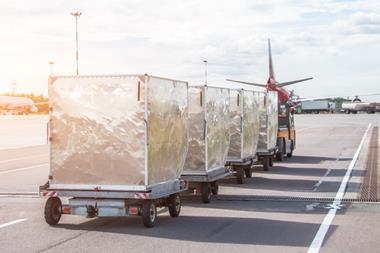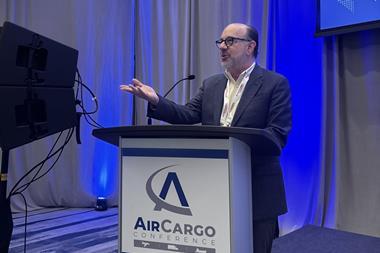
Sustainability is not an immediate priority for small freight forwarders despite increasing efforts in the airfreight and logistics sectors to become greener.
This is according to the 2024 State of Sustainability in Freight Forwarding Report, produced by the British International Freight Association (BIFA) and Pledge.
The report, based on a survey, stated that despite a growing acceptance of the importance of sustainability initiatives among British freight forwarders, more than half are prioritising other "business-critical issues".
This viewpoint was particularly apparent amongst smaller forwarders, not a surprise given larger companies have more money to dedicate to sustainable practises.
Despite the finding, the report stated that a significant portion of forwarders still plan to offer sustainability services within the next 12 months.
Steve Parker, BIFA director general, said: “Environmental and sustainability issues are not new and over time, the environmental agenda within freight and logistics has developed.
“For many years BIFA has been monitoring the legislation, tracking any new regulations, and delivering advice to its corporate members on environmental and sustainability issues.
“Last year, BIFA established a policy group to help identify and report to the Association and its Members on environmental-related issues which may in the future have an impact upon their businesses, or in fact are already doing so. The results of the first sustainability survey that we have undertaken of BIFA corporate members will help to shape the work of that policy group.”
The survey found that more than half of respondents have some kind of sustainability policy, and nearly two-thirds say they have customers currently asking for carbon emissions reporting on their shipments.
A key theme was that company size plays a significant role in how much sustainability is prioritised at freight forwarding companies, with the majority of enterprise (1,000+ employees) and large (250-1000 employees) forwarders generally considering sustainability important and a minority considering it a mid-level priority.
Among small forwarders (10-50 employees), sustainability is much more likely to be considered a low priority, with more than half of very small forwarders (1-10 employees) considering it low priority or not a priority at all.
“The breakdown by company size suggests there’s a drastic drop off in prioritisation once company size dips below the 50-employee mark,” said David de Picciotto, chief executive and co-founder, Pledge.
“While this prioritisation gap isn’t surprising given the difference in availability of resources between large and small businesses, an even and inclusive transition to sustainability within transport and logistics is crucial if this high-polluting sector is to decarbonise effectively.
“It’s therefore crucial that innovations in technology that lower barriers to implementation for small and medium businesses and initiatives that raise awareness and provide access to long-term benefits of sustainability for forwarders are prioritised.”
The findings in this report complement the outcomes of the roundtable event Pledge co-hosted with the Smart Freight Centre at the 2023 United Nations Climate Change Conference (COP28), which encouraged wider adoption of sustainable practices via building robust business cases backed by incentives and wider support for the industry.
https://www.aircargonews.net/cargo-airport/tiaca-joins-forces-with-aci-on-cargo-safety-and-sustainability/
https://www.aircargonews.net/policy/environment/iata-helps-air-cargo-stakeholders-regulate-saf/















